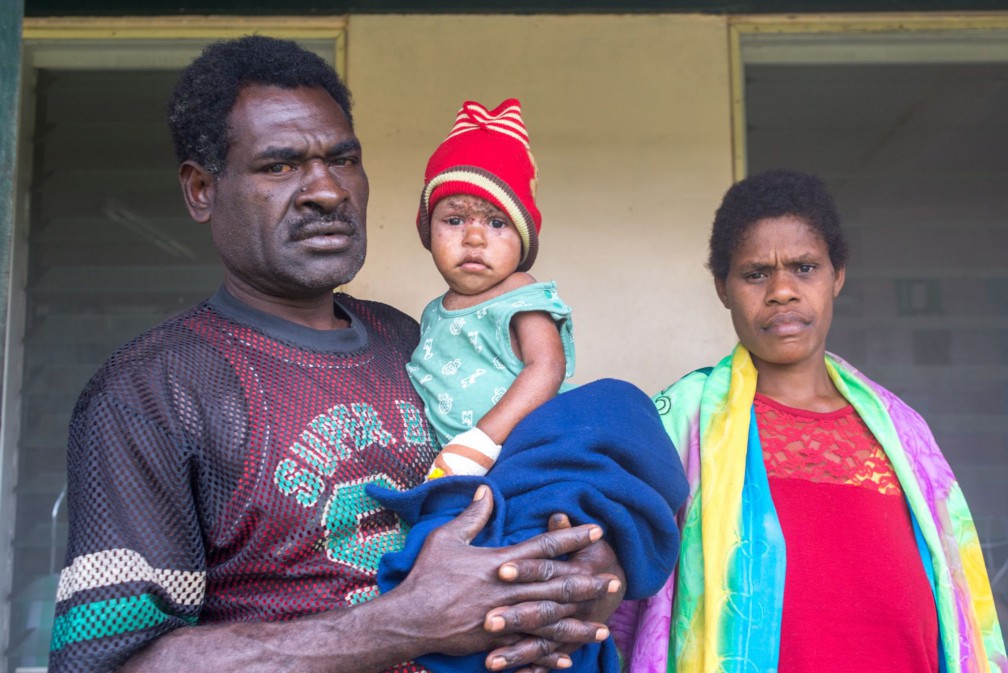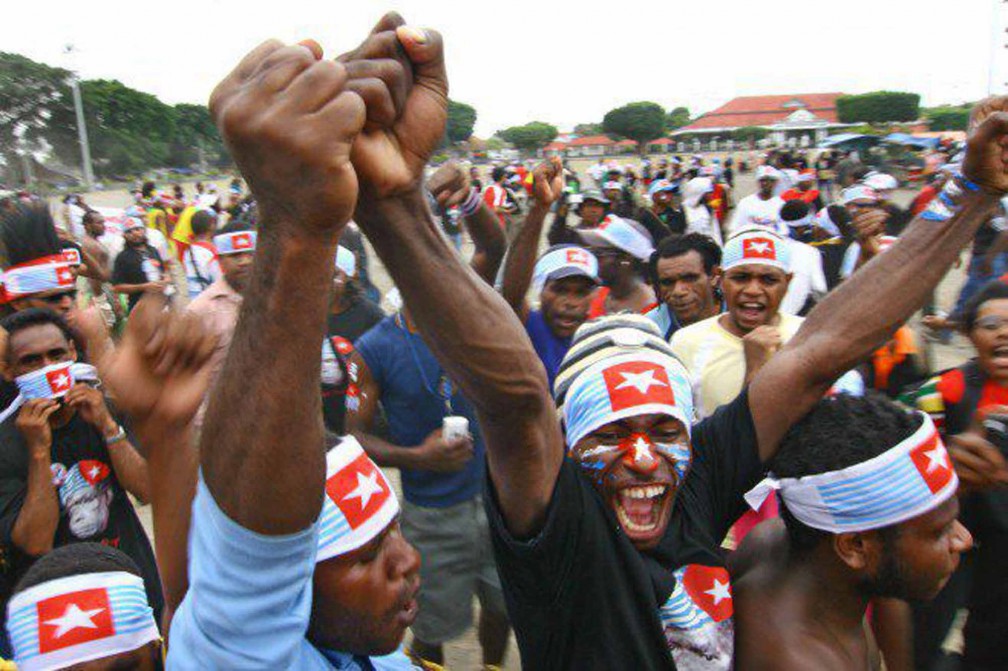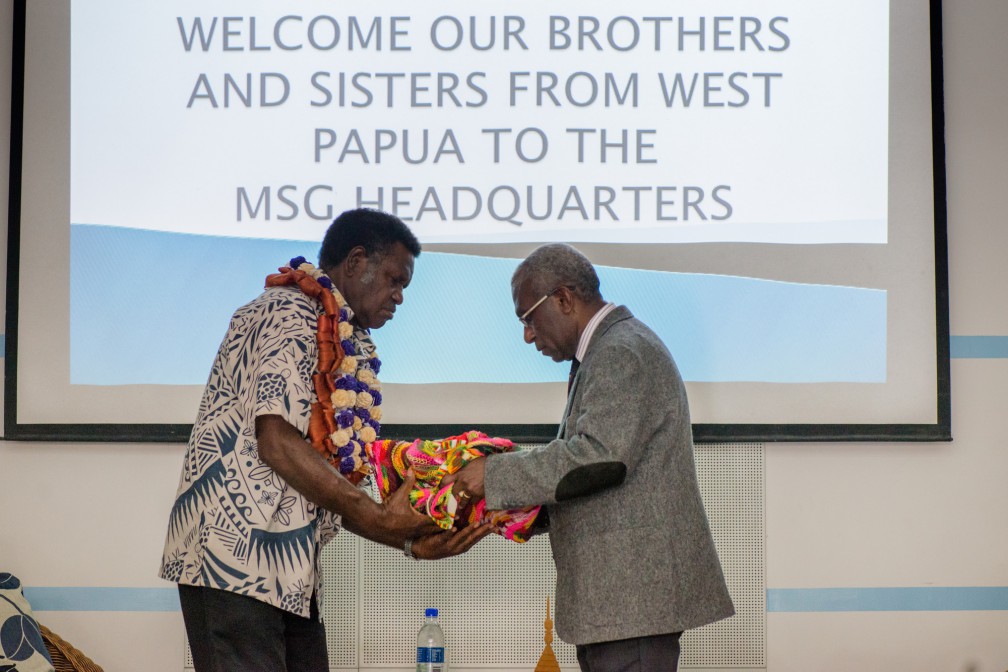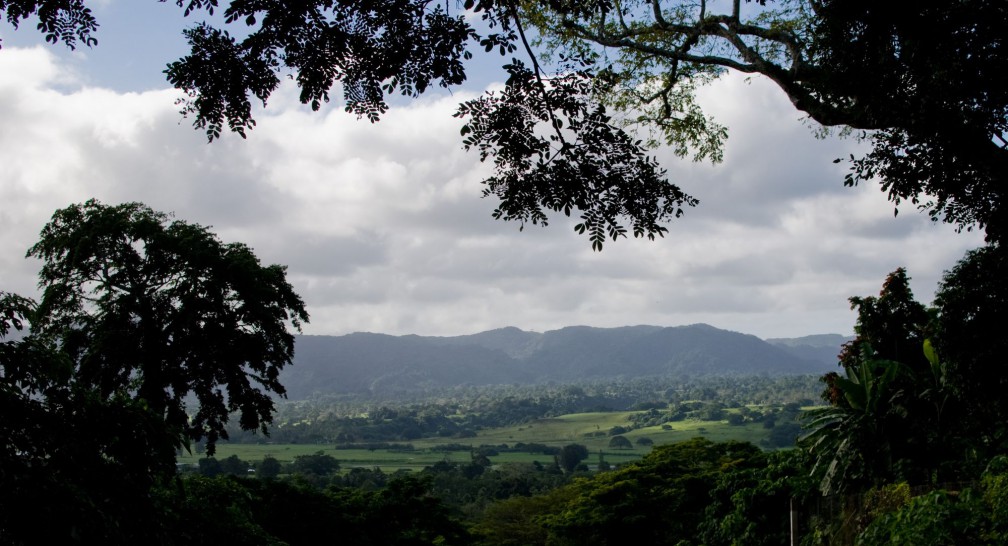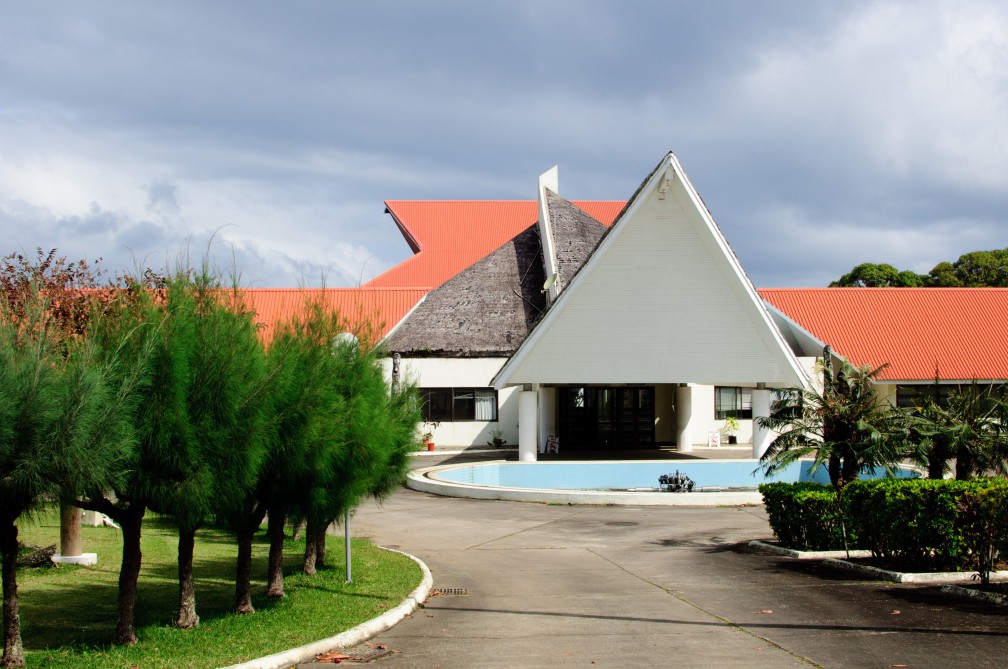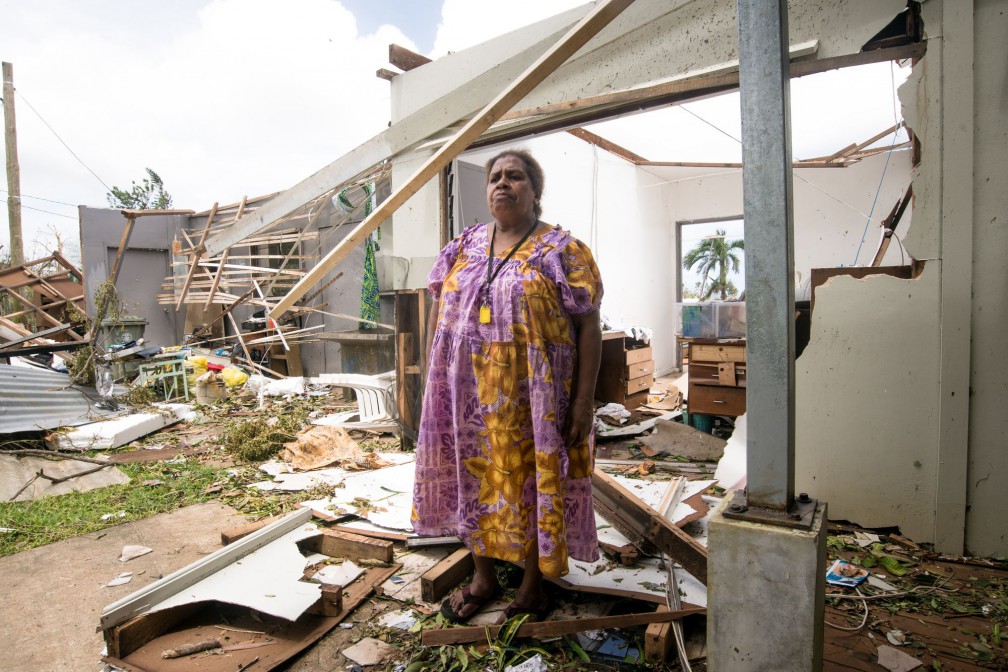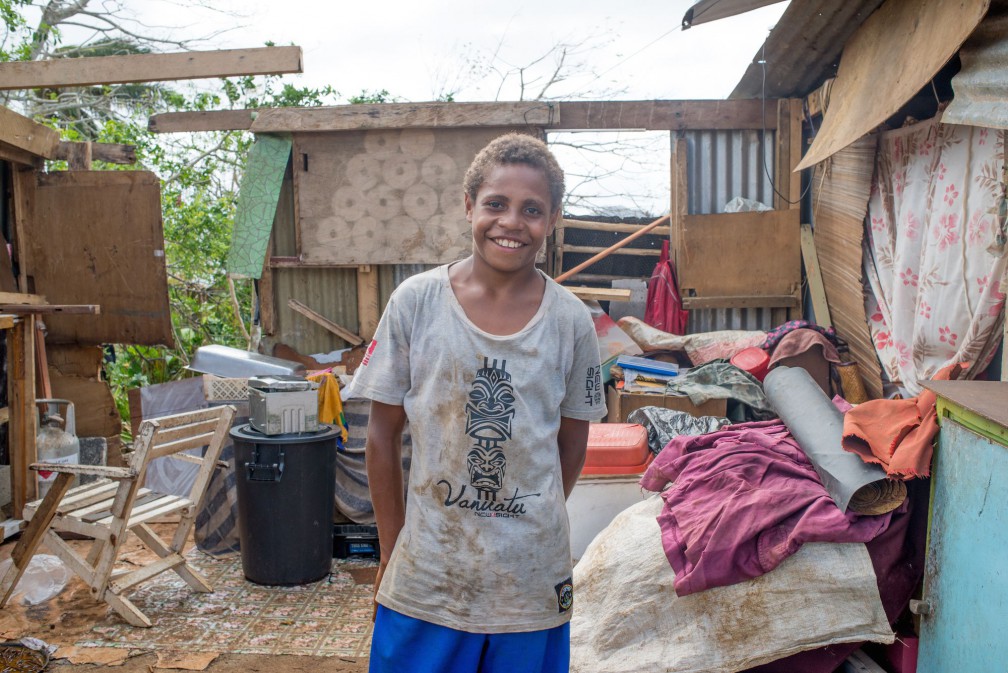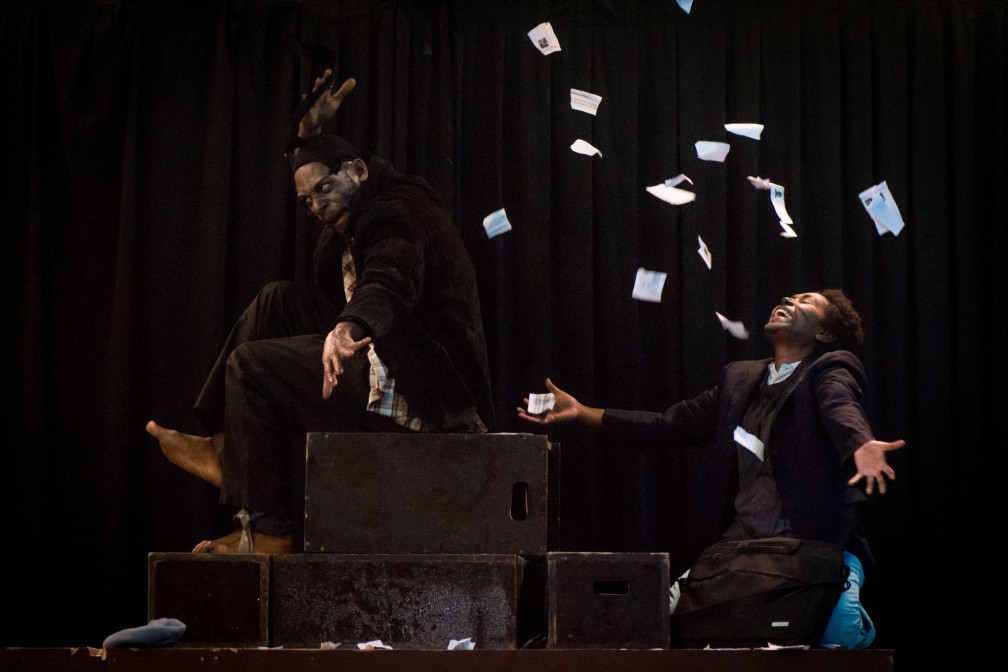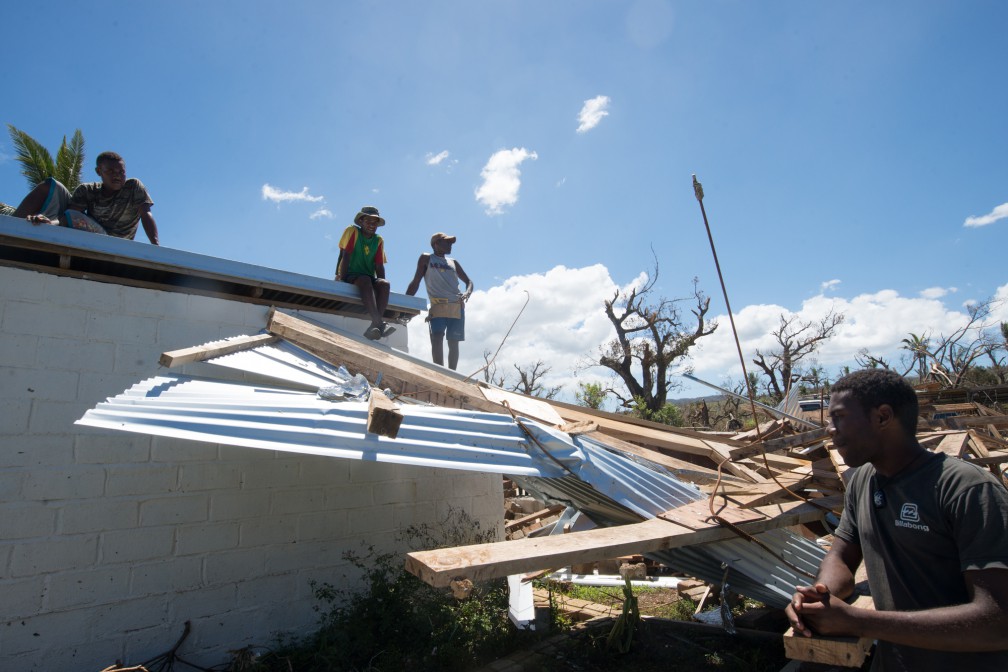Written for the Vanuatu Daily Post
More than three months after cyclone Pam devastated the country, much remains to be done. Governor General of Australia Peter Cosgrove’s visit to Port Vila and Tanna highlighted the continuing need of Vanuatu’s affected population.
Anyone who claims that Tanna has received an unfair amount of aid has only to visit the island to see how wrong they are. The destruction on the island was widespread, and even now, signs of damage are everywhere. Lenakel hospital is still struggling with the after effects of the cyclone, and continuing health issues in the communities only compound the problem.
Melmel Lawawa, from south Tanna, is barely one year old. She has an extensive skin infection and has just arrived in hospital. Her family home was destroyed during the cyclone. While the family has received food support, they have yet to receive tools or materials to help with the reconstruction of their home. She lives in cramped, unsanitary conditions, and now her suffering is adding to the workload at the hospital.
But Lenakel hospital is also facing challenges with water and sanitation. Several large capacity fibreglass water tanks were blown off their bases and sent careening down the hillside by the cyclone’s unprecedented winds. Staff at the hospital claim they’re doing what they can, but current water capacity is severely limited, sometimes running out by lunchtime. Continue reading

